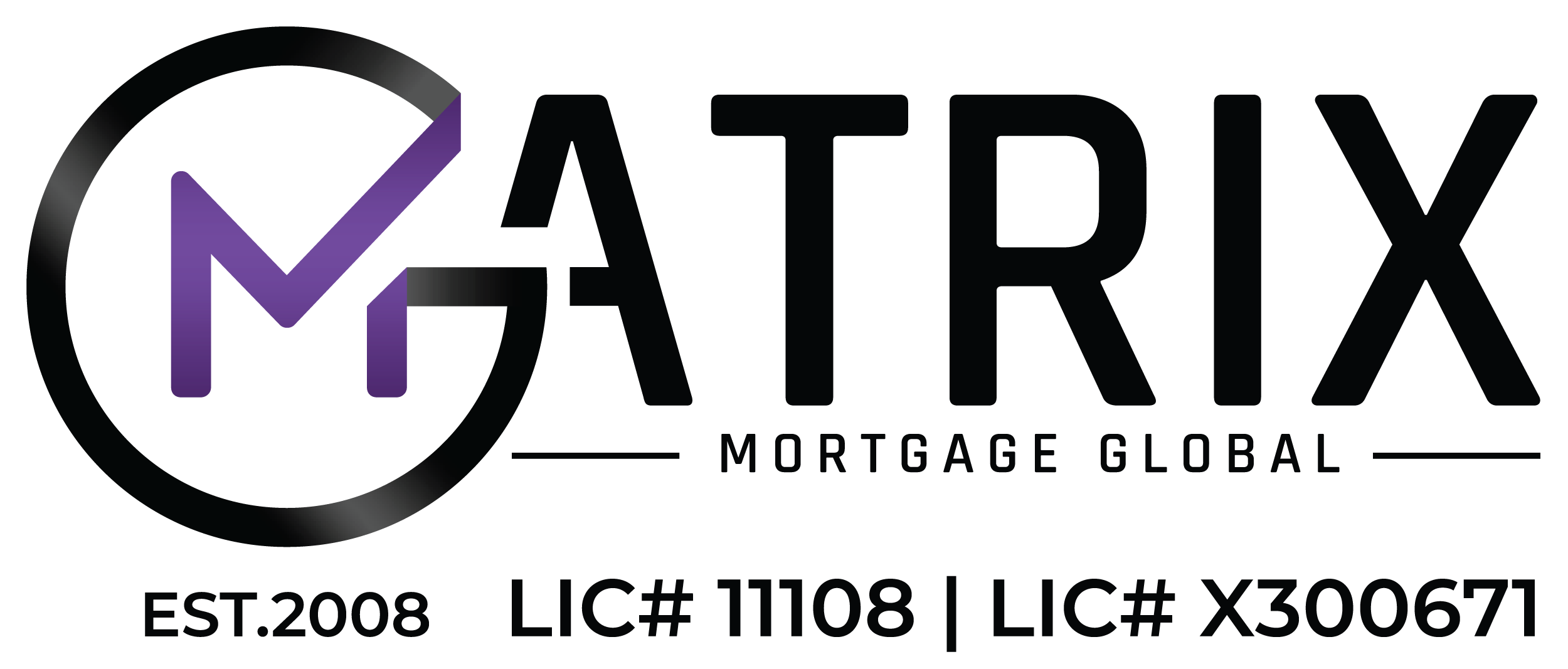
How does a second mortgage work?
what you should know?
A second mortgage is a loan that is taken out using the equity in your home as collateral. The loan is called a “second” mortgage because it is subordinate to the original mortgage, which means that if you default on your payments and the lender forecloses on your home, the lender of the second mortgage will only receive the remaining value of your home after the first mortgage has been paid off.
Second mortgages are often used to finance home improvements, pay off high-interest debts, or fund large expenses. They typically have higher interest rates than first mortgages and may require a higher credit score to qualify.
It is important to carefully consider whether taking out a second mortgage is the right financial decision for you, as it can put your home at risk if you are unable to make the payments. Make sure to carefully review the terms of the loan and compare it to other financing options before making a decision.
How does a second mortgage work?
A second mortgage works in a similar way to a first mortgage, but with some key differences.
To take out a second mortgage, you must have equity in your home. Equity is the value of your home minus any outstanding loans or mortgages on the property. If you have built up enough equity in your home, you can use it as collateral to secure a second mortgage.
The lender will assess your creditworthiness, income, and debt-to-income ratio to determine whether you are eligible for a second mortgage and, if so, how much you can borrow. The lender will also consider the value of your home and the amount of equity you have in it when determining the loan amount.
Once you have been approved for a second mortgage, the lender will provide you with a loan agreement outlining the terms of the loan, including the interest rate, repayment period, and any fees or charges associated with the loan. You will then have to sign the loan agreement and provide any required documentation, such as proof of income or employment.
To make the payments on your second mortgage, you will typically have to make monthly payments to the lender, just as you do with your first mortgage. The payments will consist of both principal and interest, and the lender may require you to escrow your property taxes and insurance payments as well. If you default on your second mortgage payments, the lender has the right to foreclose on your home and sell it to recover the money that you owe.
Am I qualified to apply for a second mortgage?
The criteria for a second mortgage can vary depending on the lender and the specific loan program, but there are some general requirements that you may need to meet in order to qualify:
- Equity in your home: As mentioned, you typically need to have equity in your home in order to take out a second mortgage. The lender will assess the value of your home and the amount of equity you have in it when determining your loan amount.
- Credit score: Your credit score is an important factor that lenders consider when evaluating your application for a second mortgage. A higher credit score may help you qualify for a lower interest rate and more favorable terms.
- Income and debt-to-income ratio: The lender will consider your income and debt-to-income ratio when determining your ability to make the monthly payments on a second mortgage. A high debt-to-income ratio may make it harder for you to qualify for a second mortgage.
- Employment and financial history: The lender may also consider your employment and financial history when evaluating your application. A stable job and a history of paying your bills on time can help improve your chances of being approved for a second mortgage.
- Property type: Some lenders may have restrictions on the types of properties that they will lend against, such as single-family homes or condos. You may have a harder time qualifying for a second mortgage if you own a property that is not eligible for the loan program you are applying for.
It is important to keep in mind that these are just some of the factors that lenders may consider when evaluating your application for a second mortgage. The specific requirements may vary depending on the lender and the loan program you are applying for.
The advantages of applying a second mortgage?
There are several potential benefits to taking out a second mortgage, including:
- Access to additional funds: A second mortgage can provide you with access to additional funds that you can use for a variety of purposes, such as home improvements, debt consolidation, or paying for large expenses.
- Potential to save money: If you have high-interest debt, a second mortgage may allow you to consolidate your debts and potentially save money on interest. By using the equity in your home to pay off high-interest debts, you may be able to reduce your overall monthly payments and save money in the long run.
- Tax benefits: In some cases, the interest you pay on a second mortgage may be tax-deductible. Consult with a tax professional to determine if this applies to your situation.
- Flexibility: Second mortgages can be more flexible than other types of loans, as they can be structured to meet your specific needs and financial situation. For example, you may be able to choose the loan term and repayment period that works best for you.
However, it is important to keep in mind that a second mortgage also carries some risks. The loan is secured by your home, which means that if you default on your payments, the lender can foreclose on your home and sell it to recover the money you owe. Hopefully, you now have a better idea of what a second mortgage is and how it can help you. For more topics like this, consider subscribing to this blog.

